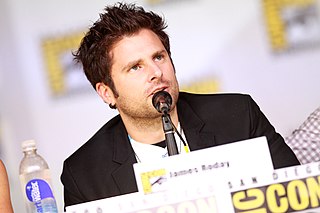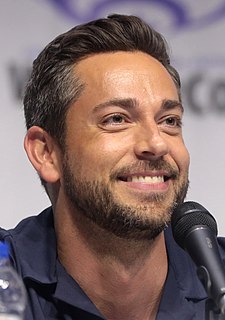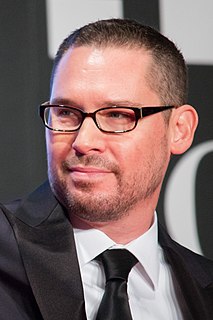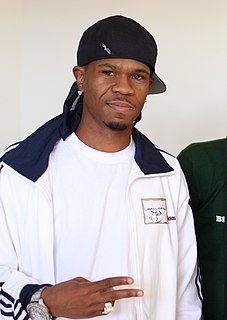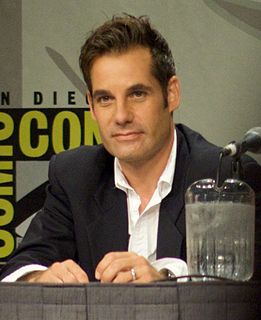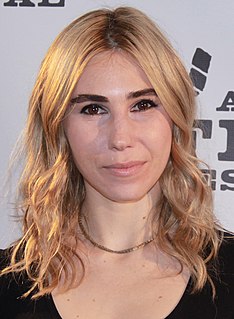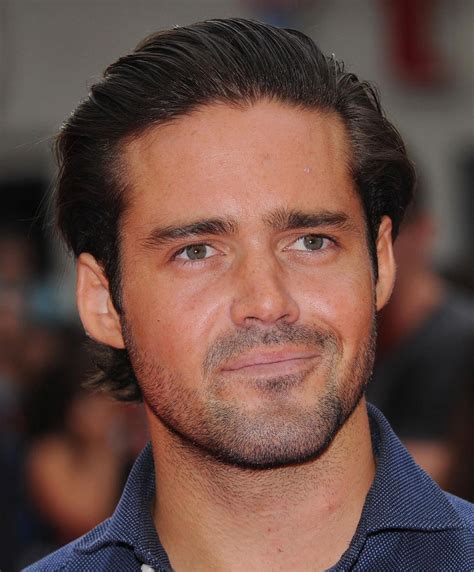A Quote by James Roday
In the real world, it doesn't always go your way like it can on a television show.
Quote Topics
Related Quotes
If I have my way, I want to go start making really interactive television. Stuff where you can sit and watch real actors do a real series and they can get into some kind of gun battle and all of a sudden your television prompts you to pick up your controller and all of a sudden, you're playing a first-person shooter.
They dislike me, the liberal media dislikes me. I was always the best at what I did, I went to the Wharton School of Finance, did well. I went out, I started in Brooklyn office with my father, I became one of the most successful real estate developers, one of the most successful business people. I created maybe the greatest brand. I then go into, in addition to that, part time, like five percent a week, I open up a television show. The Apprentice on many evenings was the number one show on all of television, a tremendous success.
I think television is moving more into movies, particularly with serialization and almost cinematic proportions and expectations. A show like 'Game of Thrones' is a perfect example of that, or even a show like 'The Wire,' which isn't all about instant gratification it's about inviting someone into the long experience of television the way you'd be invited into a theater for two hours. So I think in that way, and the quality of writing in television is probably much better than most film writing.
Television is a business and, financially speaking, they have decisions and considerations that go far beyond the creative merit of the show. But at the same time, you'd like to believe in a man's word. When he shakes your hand and says he's going to stay with it, and doesn't, it's really frustrating in a way.
When I go to the cinema, I want to have a cinematic experience. Some people ignore the sound and you end up seeing something you might see on television and it doesn't explore the form. Sound is the other picture. When you show people a rough cut without the sound mix they are often really surprised. Sound creates a completely new world. With dialogue, people say a lot of things they don't mean. I like dialogue when it's used in a way when the body language says the complete opposite. But I love great dialogue I think expositional dialogue is quite crass and not like real life.
I've never been unfaithful outside 'Made In Chelsea.' I don't care what the reputation looks like. I was unfaithful on that television show because it's a show about that. I'm not saying it was acceptable behavior, but the show wouldn't work without relationships failing. In real life it's completely different.
You can tell a book is real when your heart beats faster. Real books make you sweat. Cry, if no one is looking. Real books help you make sense of your crazy life. Real books tell it true, don't hold back and make you stronger. But most of all, real books give you hope. Because it's not always going to be like this and books-the good ones, the ones-show you how to make it better. Now.
